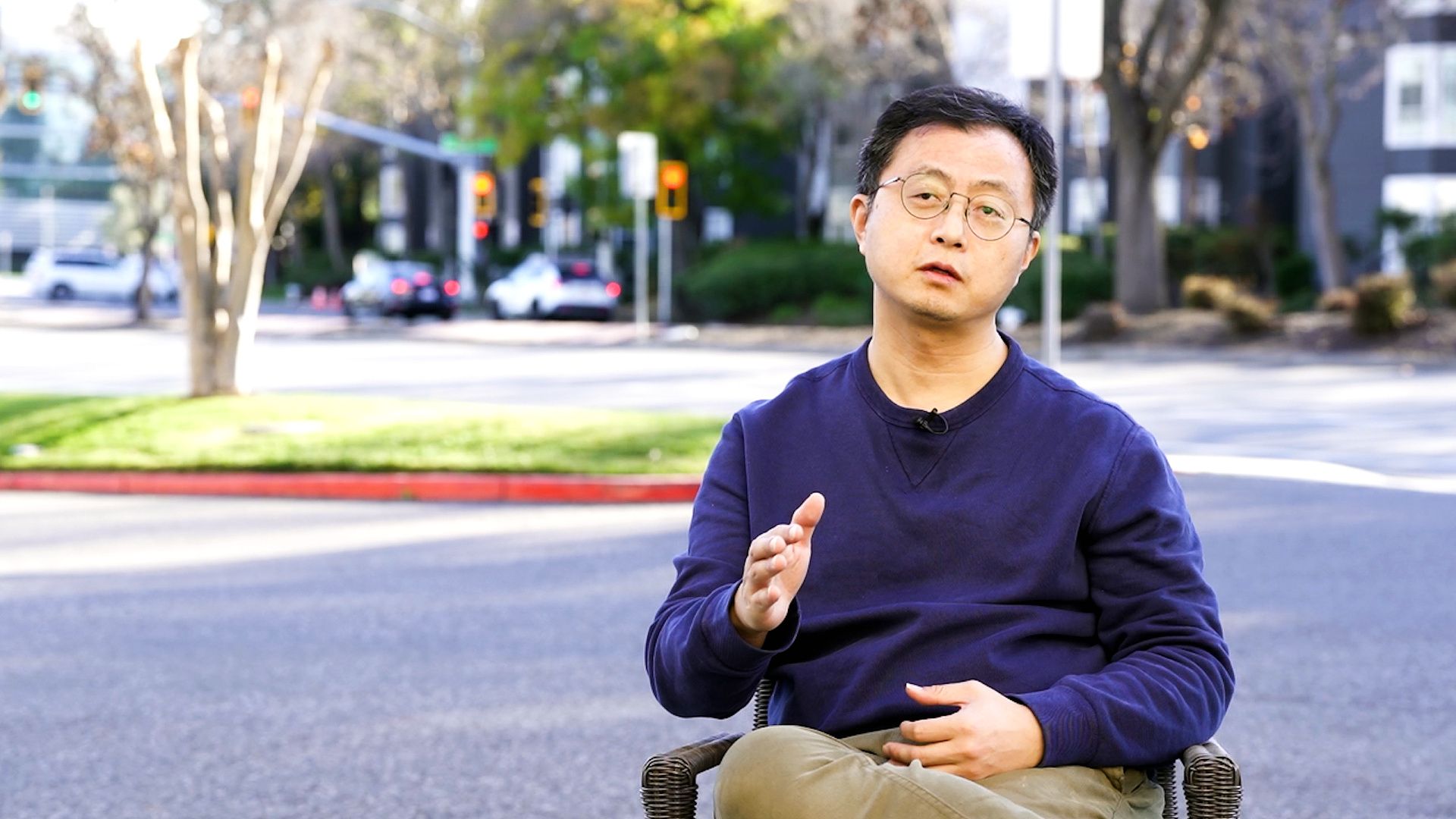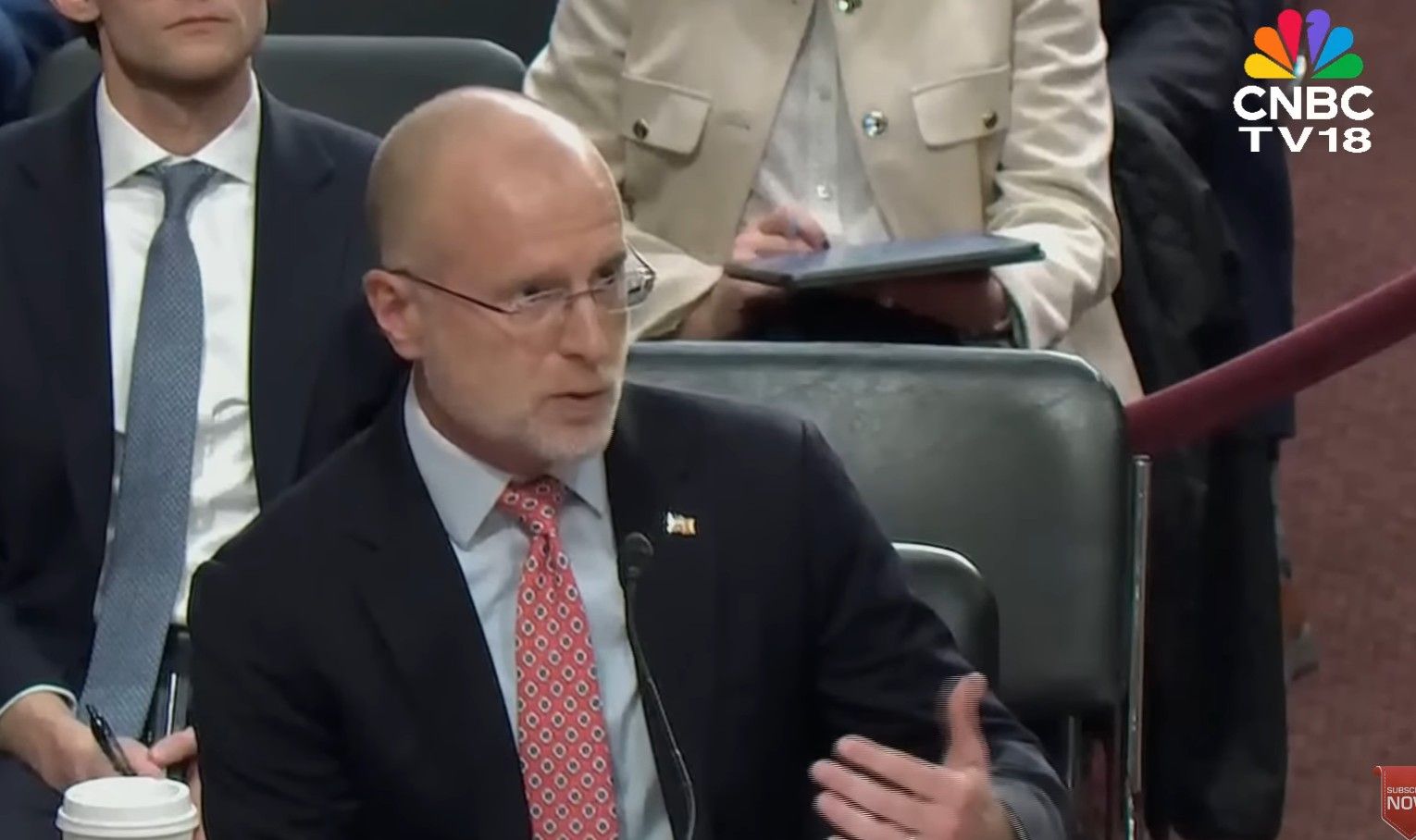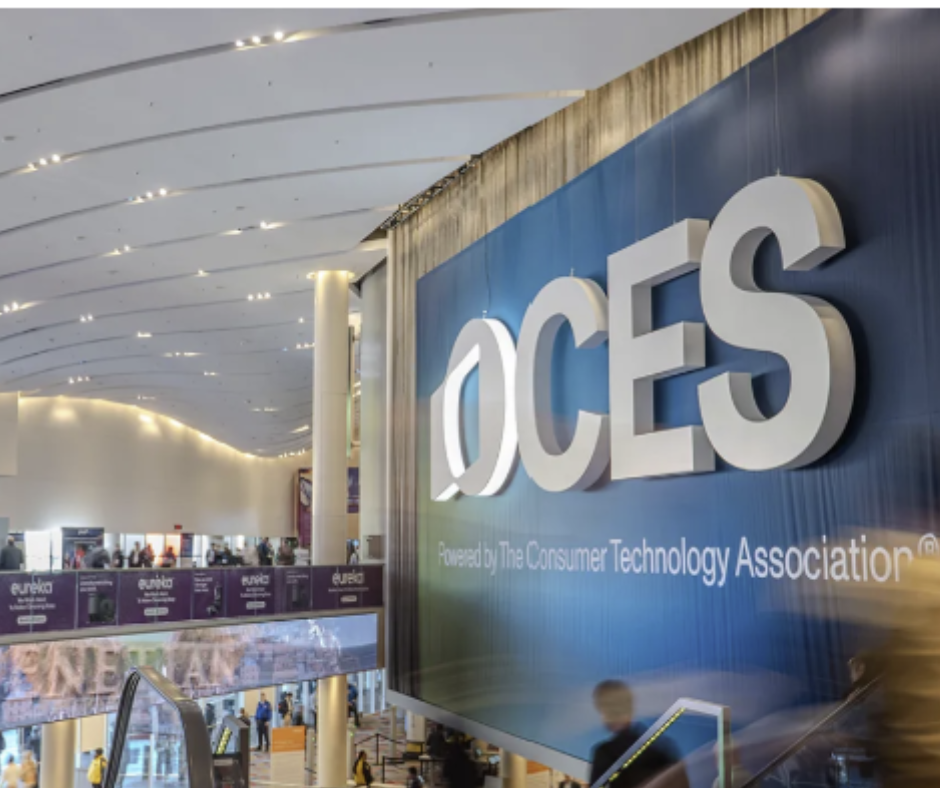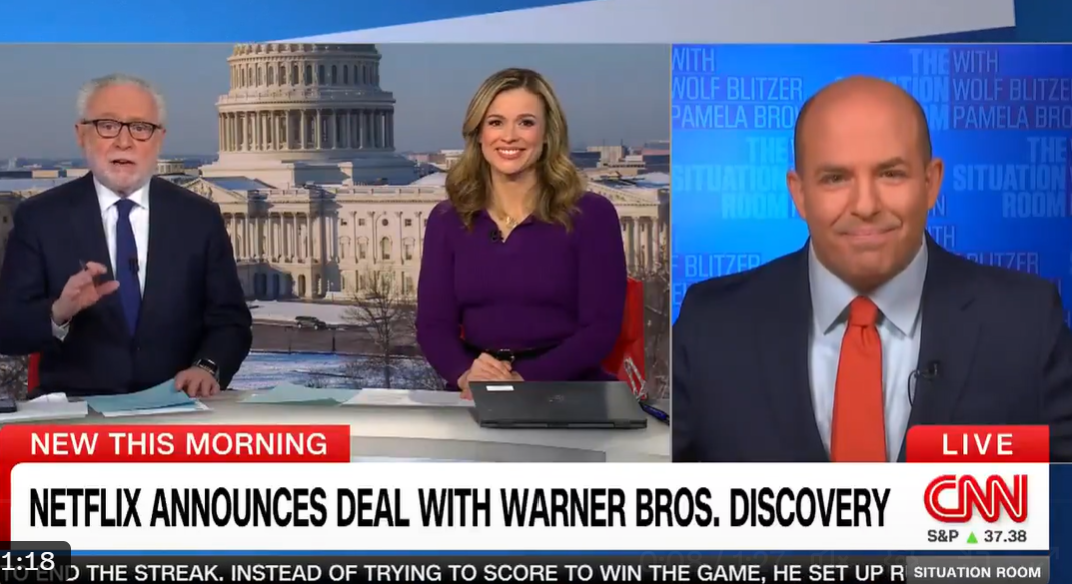뉴스 코퍼레이션 CEO 로버트 톰슨, 트럼프 관세에 대해 "경제적 뺨때리기" 비판(News Corp. CEO Robert Thomson Bashes Donald Trump's Tariffs In Q3 Earnings Call: Economic Slap In The Face)
뉴스 코퍼레이션 CEO 로버트 톰슨이 회사의 3분기 실적 발표 콜에서 도널드 트럼프의 '해방의 날(Liberation Day)' 관세에 대해 강하게 비판하며 "경제적 뺨때리기"라고 표현했다. 머독 가문이 소유한 월스트리트 저널과 뉴욕 포스트 등 주요 매체를 보유한 미디어 기업의 수장으로서 그의 발언은 시장과 업계에 주목을 받고 있다.
뉴스 코퍼레이션의 CEO 로버트 톰슨이 회사의 3분기(2025년 1월~3월) 실적 발표 콜에서 도널드 트럼프의 '해방의 날' 관세에 대해 비판적인 견해를 표명했다. 그는 시장을 동요시킨 이 광범위한 관세에 대해 약간 익살스러운 논평을 제공하면서도 그 영향에 대한 우려를 명확히 드러냈다.
머독 가문이 통제하는 이 회사는 다우존스와 월스트리트 저널, 뉴욕 포스트, 하퍼콜린스 출판사 등을 소유한 글로벌 미디어 기업이다. 톰슨의 발언은 트럼프 정부의 경제 정책에 대한 미디어 업계의 시각을 보여주는 주목할 만한 사례로 볼 수 있다.
톰슨은 회사의 "강력한 실적"을 자랑하면서도 "정치적 혼란으로 인해 일부 비즈니스 파트너들이 영향을 받고 일관된 계획을 세우기 어려웠다"고 말했다. 그는 "이러한 혼란은 일시적이며, 미국은 상황이 안정되면 강력한 성장 잠재력을 가지고 있다고 확신한다"며 낙관적인 전망을 제시했다.
특히 톰슨은 "행정부의 합리적인 규제 완화와 건전한 에너지 정책 추구가 미국의 경제력과 천부적인 창의성과 결합되면 좋은 결과를 낳을 것"이라고 말하며 트럼프 정부의 일부 정책에 대해서는 긍정적인 평가를 내렸다. 그러나 관세 정책에 대해서는 명확한 비판의 목소리를 냈다.
그는 "애덤 스미스가 '보이지 않는 손'의 힘에 대해 현명하게 말했을 때, 그는 과도한 관세의 무질서한 도입으로 인한 경제적 뺨때리기를 예상하지 않았다"고 비판했다. 톰슨은 이어 "미국의 동물적 본능(경제 활력)은 불확실성의 우리에서 해방될 필요가 있다"고 덧붙이며 현 경제 상황에 대한 우려를 표명했다.
월스트리트 저널의 사설란은 여러 차례 트럼프의 관세에 반대 입장을 표명했으며, 이에 트럼프 대통령은 이 매체를 비난해 온 바 있다. 이러한 배경은 톰슨의 발언이 단순한 기업 CEO의 의견을 넘어 미디어 그룹과 정부 간의 긴장 관계를 반영하는 것으로 보인다.
3월 31일로 끝난 3개월 동안 뉴스 코퍼레이션의 매출은 20억 1,000만 달러로 전년 동기 대비 1% 증가했다. 계속 사업에서의 순이익은 1억 7백만 달러로 전년 대비 67% 증가했다. 총 세그먼트 EBITDA는 2억 9천만 달러로 12% 증가하며 견고한 재무 성과를 기록했다.
다우존스의 매출은 5억 7천5백만 달러로 전년 대비 6% 증가했다. 이는 발행부수와 구독 수익의 증가, 그리고 전문 정보 사업의 성장에 기인했다. 월스트리트 저널의 디지털 전용 구독은 5% 증가한 391만 명으로, 이는 이 매체 구독의 90%를 차지하며 디지털 전환의 성공을 보여준다. 배런스 그룹의 디지털 구독 수익은 12% 증가해 137만 명에 달하며 디지털 성장세를 이어갔다.
반면 뉴스 미디어 부문에서는 매출이 8% 감소한 5억 1천4백만 달러를 기록했는데, 이는 광고 수익 감소 때문이며, 특히 뉴스UK와 더 선(The Sun)에서 두드러졌다. 이는 전통적인 미디어 사업이 여전히 어려움을 겪고 있음을 보여준다.
회사는 또한 디지털 부동산 서비스 매출이 5% 증가한 4억 6백만 달러, 도서 출판이 2% 증가한 5억 1천4백만 달러를 기록하며 사업 다각화의 효과를 증명했다.
뉴스 코퍼레이션의 재무 담당자인 라바니아 찬드라세카는 분석가들에게 관세의 불확실성에도 불구하고 회사에 미치는 영향은 "경미할 것"이라고 말했다. 하지만 뉴스 미디어 부문이 비용 절감 이니셔티브의 혜택을 받을 것으로 예상되는 한편, "광고는 거시적 불확실성을 감안할 때 변동성이 클 가능성이 있다"고 덧붙여 경계심을 늦추지 않았다.
톰슨은 또한 AI 문제에 대해서도 상세히 언급했다. 뉴스 코퍼레이션은 OpenAI와 파트너십을 맺었지만, 작년에는 저작권이 있는 작품을 침해했다고 주장하며 다른 회사인 Perplexity AI를 고소한 바 있다. 이는 미디어 기업들이 AI 시대에 자사의 콘텐츠 보호와 새로운 기술 활용 사이에서 균형을 찾고 있음을 보여준다.
그는 "현재의 정치적 혼란 속에서 언론인들이 사실에 집중하는 것이 중요하지만, 기후부터 의학까지 과학조차 정치화되고 양극화된 시대에 가짜 팩트 체킹으로 인해 이 작업이 복잡해지고 있으며, 이는 한때 신뢰받던 전문가와 기관의 장기적인 신뢰성을 훼손하고 있다"고 말했다. 그는 "AI가 계속해서 기하급수적으로 성장하고 불가피하게 실제와 의인화 사이의 경계를 흐릴 때 신뢰성의 가치는 더욱 중요해질 것"이라고 강조하며 미디어의 신뢰성과 AI의 관계에 대한 우려를 표명했다.
톰슨은 트럼프의 관세 정책을 비판했지만, 저작권이 있는 콘텐츠를 AI 학습 모델에 사용하는 문제에 대해서도 대통령에게 개인적으로 관련된 사안으로 언급하여 관심을 끌었다. 그는 "우리는 OpenAI와의 주요 파트너십에 만족하며, 우리의 지적 재산을 채굴하는 다른 AI 운영자들이 우리 회사, 창의성, 그리고 커뮤니티에 대한 그들의 책임을 충분히 인식하기를 바란다"고 말했다.
특히 주목할 만한 점은 톰슨이 AI 기업들의 저작권 침해 문제를 트럼프 대통령의 사례와 연결시켰다는 것이다. 그는 일부 AI 기업들이 "의심할 여지 없이 'The Art of the Deal'을 포함한 책들을 흡수하고 그의 허락 없이 이익을 위해 재활용함으로써 미국 대통령마저 속여왔다"며 "AI 무정부주의자들이 분명히 Truth Social에 대해서도 같은 일을 했을 것이며, 콘텐츠와 데이터를 훔쳐 그들의 경제 엔진을 연료로 삼았을 것"이라고 주장했다. 이는 AI의 저작권 문제를 트럼프 대통령이 직접 체감할 수 있는 방식으로 설명함으로써 이 문제의 심각성을 강조한 전략적 발언으로 해석된다.
News Corp. CEO Robert Thomson Bashes Donald Trump's Tariffs In Q3 Earnings Call: "Economic Slap In The Face"
News Corp. CEO Robert Thomson sharply criticized Donald Trump's "Liberation Day" tariffs during the company's third quarter earnings call, calling them an "economic slap in the face." As the head of a major media conglomerate owned by the Murdoch family, which includes The Wall Street Journal and New York Post, his comments have drawn significant attention from markets and industry observers.
News Corp. CEO Robert Thomson kicked off the company's third quarter earnings call with pointed remarks about Donald Trump's Liberation Day tariffs, offering a somewhat cheeky take on the across-the-board levies that have sent markets gyrating. His comments reflect growing concerns about the economic impact of these policies while maintaining a measured optimism about America's future.
The company, controlled by the Murdoch family, is the parent of Dow Jones and The Wall Street Journal, as well as the New York Post and HarperCollins Publishers. Thomson's remarks offer a noteworthy example of how media industry leaders view the Trump administration's economic policies.
While touting the company's "potent results," Thomson acknowledged that they had nevertheless come "despite political turbulence that has clearly affected some of our business partners and undermined their ability to plan coherently." He expressed confidence that "this disruption is ephemeral and that the U.S. has the potential for robust growth when the heavens return to equilibrium."
Thomson offered some praise for certain Trump administration policies, saying, "The administration's pursuit of sensible deregulation and a sound energy policy, combined with America's economic prowess and innate creativity, should produce favorable results." However, he didn't mince words when it came to tariffs.
"When Adam Smith spoke sagely of the power of the invisible hand, he did not envisage an economic slap in the face from the unruly introduction of exorbitant tariffs," Thomson stated critically. He added that "America's animal spirits do need emancipation from the cage of uncertainty," expressing concern about the current economic climate.
The Wall Street Journal's editorial page has weighed in multiple times against Trump's tariffs, and the president has in turn lashed out at the publication. This background suggests that Thomson's comments reflect not just a corporate CEO's opinion but also the tension between the media group and the administration.
News Corp. revenues for the three months ended on March 31 were $2.01 billion, a 1% increase from the same period a year earlier. Net income from continuing operations was $107 million, up 67% from a year earlier. Total segment EBITDA rose 12% to $290 million, demonstrating solid financial performance.
Revenue at Dow Jones reached $575 million, up 6% from a year earlier. This was driven by higher circulation and subscription revenue, as well as growth in the professional information business. Digital-only subscriptions to The Wall Street Journal rose 5% to 3.91 million, representing 90% of subscriptions to the publication and showcasing successful digital transformation. Barron's Group saw digital subscription revenue rise 12%, to 1.37 million, continuing the digital growth trend.
In contrast, the news media segment saw revenues decrease by 8% to $514 million, due to lower advertising revenues, including at NewsUK, primarily The Sun. This indicates that traditional media businesses continue to face challenges.
The company also saw 5% growth in digital real estate services revenue, to $406 million, and a 2% rise in book publishing, to $514 million, demonstrating the benefits of business diversification.
News Corp.'s financial officer, Lavanya Chandrashekar, told analysts that despite the uncertainty of tariffs, the impact on the company would be "immaterial." However, she cautioned that while the news media segment would benefit from initiatives to rein in costs, "advertising is likely to be volatile, given the macro uncertainty."
Thomson also addressed AI in detail. News Corp. has signed a partnership with OpenAI, but last year sued another company, Perplexity AI, claiming infringement of copyrighted work. This illustrates how media companies are trying to balance protecting their content and embracing new technologies in the AI era.
"In the midst of the current political maelstrom, it is imperative that journalists focus on facts, a task complicated by faux fact checking at a time when even science, from climate to medicine, has become politicized and polarized, undermining the long term credibility of once-trusted experts and institutions," he said. Thomson emphasized that "The currency of credibility will become even more crucial as AI continues its exponential growth and inevitably blurs the lines between the actual and the anthropomorphic," expressing concerns about the relationship between media credibility and AI.
While Thomson criticized Trump's tariff policy, he also linked the issue of AI companies using copyrighted content in their training models to the president personally, drawing attention. "We are pleased with our principal partnership with OpenAI and trust that other AI operators strip mining our intellectual property fully appreciate their responsibilities to our company, to creativity and to the community," he said.
Particularly noteworthy was how Thomson connected AI companies' copyright infringement issues to President Trump's own experiences. He suggested that some AI companies "have no doubt ripped off even the president of the United States by ingesting books, including The Art of the Deal, and repurposing them for profit without his permission." Thomson further claimed that "the AI anarchists will surely have done the same with Truth Social, purloining content and data to fuel their economic engines." This strategic statement emphasizes the seriousness of copyright issues by framing them in terms the president might personally relate to.







![[2026엔터테크] 윤리적 AI 스튜디오 종합 보고서](https://cdn.media.bluedot.so/bluedot.kentertechhub/2026/01/ylqs2w_202601040723.png)
![[심층분석] 디즈니-OpenAI 10억 달러 딜이
K-콘텐츠 산업에 던지는 시사점](https://cdn.media.bluedot.so/bluedot.kentertechhub/2025/12/qz7dim_202512301210.jpeg)

![[CES2026]엔터테크 전문 투어&트렌드 현장 리포트(무료)](https://cdn.media.bluedot.so/bluedot.kentertechhub/2025/12/5x46lj_202512261120.png)
![[보고서]디즈니의 IP 플라이휠, 1957년 메모에서 시작된 100년 전략](https://cdn.media.bluedot.so/bluedot.kentertechhub/2025/12/vtekpo_202512140501.png)
![[리포트]글로벌 스트리밍 대전환과 FAST 시장의 부상](https://cdn.media.bluedot.so/bluedot.kentertechhub/2025/12/7jw8up_202512120304.png)
![[보고서]K-콘텐츠, 몰입형 공간 새로운 경험](https://cdn.media.bluedot.so/bluedot.kentertechhub/2025/12/je15hi_202512061434.png)

